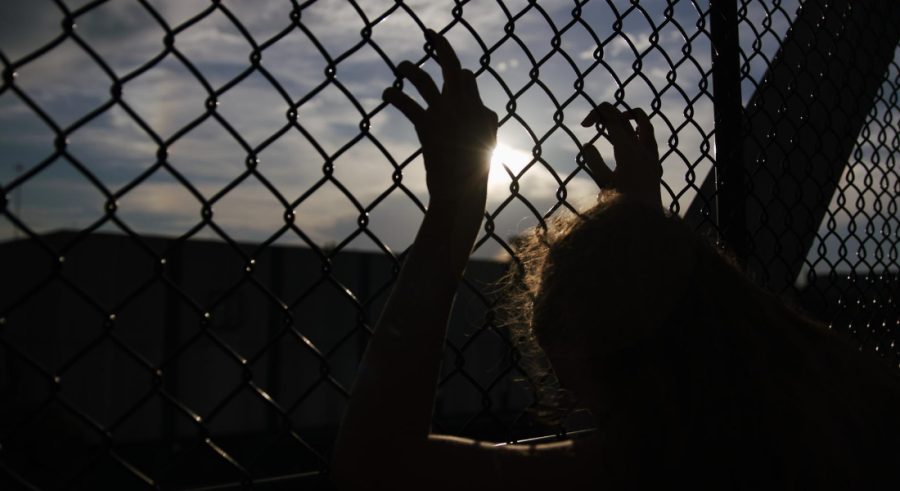
Parents on the First Coast have good reason to be on edge lately. Thomas Hazouri, Jr., son of former Mayor and president of the City Council Tommy Hazouri, was recently arrested on charges of possessing child pornography. This allegation is especially disturbing, considering that Hazouri worked as an elementary school teacher in Mayport. On top of that, David Gedert, a Jacksonville police officer, was arrested for accusations of criminal sexual conduct on a child.
These — teachers, police officers — are the people who we, as parents, are supposed to be able to trust the most. It can be disconcerting, if not downright terrifying, to see news of predators hiding among those meant to keep our children safe. There are few things worse than the thought of our children being abused or trafficked, especially when we feel so powerless to prevent it. However, there are some signs that can indicate potential problems.
Excessive attention and physical contact
Some physical contact between adults and children is normal, healthy, and expected. Likewise, teachers, police officers, and other adult authority figures will pay attention to children. Yet for sexual predators, this can go above and beyond what is appropriate.
Predators will often begin by working to gain the child’s trust, paying special attention to them, asking personal questions, and becoming a confidante. Likewise, if an adult is insistent on tickling, wrestling, or cuddling a child, even as they try to squirm away, that should set off major red flags.
Friendships with children, not adults
A common finding among predators is that they can act as loners. They keep to themselves, avoid friendships and associations with adults, and have few, if any, adult friends.
Instead of being comfortable with adults, predators feel comfortable with children. Adults who want to go on special outings with children, have secret interactions with them, or describe having a “special bond” with a child is inappropriate and should put parents on guard. An adult frequently selecting one specific child to be alone with is an especially large warning sign.
Sudden changes in behavior
A child who has been groomed or victimized may begin to act differently. If your child is suddenly having nightmares, their appetite has changed, or they’re moody or sullen when they used to not be, it could be cause for concern. Other behavioral changes can include a sudden fear of visiting certain places.
Physical changes should be alarming, too. If a potty-trained child is suddenly wetting themselves, that’s a warning sign of potential abuse. Trouble swallowing, discharge from the genitals, and persistent pain when using the bathroom should also be seen as red flags. Signs of self-harming behavior, like cutting or compulsive eating, and suicidal thoughts or actions are also warning signs.
Gifts and money
If your child is coming home with new gifts, or you find money in their room, that’s another worrisome sign. It’s especially problematic if the gifts the child has are expensive or valuable.
This is a common grooming tactic from predators as a way of making the child feel special — and makes the predator seem trustworthy. It also instills a sense of fear and responsibility — if the child doesn’t do what the predator wants, then they’ll become angry and the gifts will stop.
What to do
If any of these red flags are applicable to you, then there may be concern of how best to handle it. After all, what if the situation has a reasonable explanation? It’s important to talk to your child about it and sensitively get as many details as you can. Remain calm and reassuring, because many victims of abuse remain silent out of fear of their parents’ reaction. You can also calmly talk, while being careful not to make accusations, to the adult in question to see what their explanation is for the inappropriate behavior, as well as to insist on drawing strict boundaries.
Stop It Now! has a guidebook for discussing these difficult subjects, including with adults you feel are behaving suspiciously. You can also call their helpline at 1-888-PREVENT (1-888-773-8368).
















